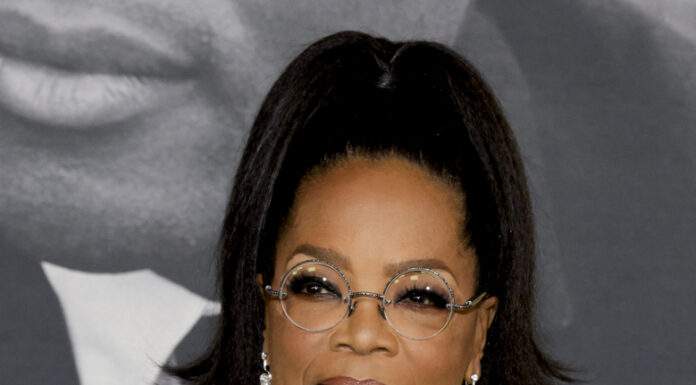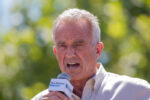Media mogul Oprah Winfrey disclosed that ending her influential daytime talk show in 2011 meant walking away from a potential billion-dollar contract. Still, she maintains it was the right decision for maintaining her show’s integrity.
Speaking at the Massachusetts Conference for Women in Boston on December 12, 2024, Winfrey explained to longtime friend Gayle King that continuing “The Oprah Winfrey Show” would have been incredibly lucrative. “If I had signed another contract, I would have made, minimum, another billion dollars doing that,” Winfrey said.
The show reached more than 20 million weekly viewers at its peak, becoming the highest-rated daytime talk show in American television history. The program, which aired 4,561 episodes over its run, transformed the media landscape and made Winfrey a global influencer.
The decision to end the show after 25 seasons came after Winfrey observed a growing demand for her show to deliver more elaborate and sensational moments. Over four to five years, she began to sense that the time to bring the show to an end was approaching. The challenge of maintaining authenticity and staying true to her values in the face of these escalating expectations made it clear that continuing the show was no longer sustainable for her.
The show’s final season featured extravagant gestures, including sending her 300-person audience to Australia in 2010. Following this grand gesture, producers began pitching even more elaborate ideas. “After that, one of the producers came to me and said, ‘What if we can get, like 10 audience members on a spaceship?'” Winfrey recalled.
A pivotal moment in her decision came after reading a magazine profile of Michael Jackson. One of Jackson’s friends noted that the singer’s “number-one problem is that he never realized Thriller was a phenomenon. And he spent the rest of his life trying to chase it.” This resonated deeply with Winfrey, who determined she didn’t want to become “the person chasing a phenomenon.”
The timing of the show’s conclusion coincided with the launch of her cable network, OWN: The Oprah Winfrey Network, a decision she later acknowledged as challenging. Winfrey reflected that she should have finished one project before embarking on another. She acknowledged that taking a year off to rest and tune into her inner guidance would have been more beneficial than hastily diving into new ventures influenced by the recommendations of others.
The show’s final episode aired on May 25, 2011, drawing significant viewership, with some advertisers paying $1 million for 30-second commercial spots. The farewell season included a two-day “Surprise, Oprah! A Farewell Spectacular” taping featuring high-profile guests.
The decision to end the show was also influenced by changing viewer habits, as audiences increasingly moved toward on-demand and mobile viewing platforms. This shift in the television landscape suggested that maintaining the show’s traditional format might become increasingly challenging.
Despite early challenges with OWN’s ratings, Winfrey remained committed to her new venture. The network eventually found its footing, and she continues to serve as its CEO while exploring other creative outlets.
Today, Winfrey has embraced a more flexible schedule, launching a new podcast, “The Oprah Podcast,” featuring conversations with notable individuals. She’s also pursuing personal interests, including learning cross-country skiing. When asked about her current life, Winfrey remarked, “Anything you think when you think about, ‘I wonder what it’s like to be Oprah,’ it’s 100 times better than that.”








